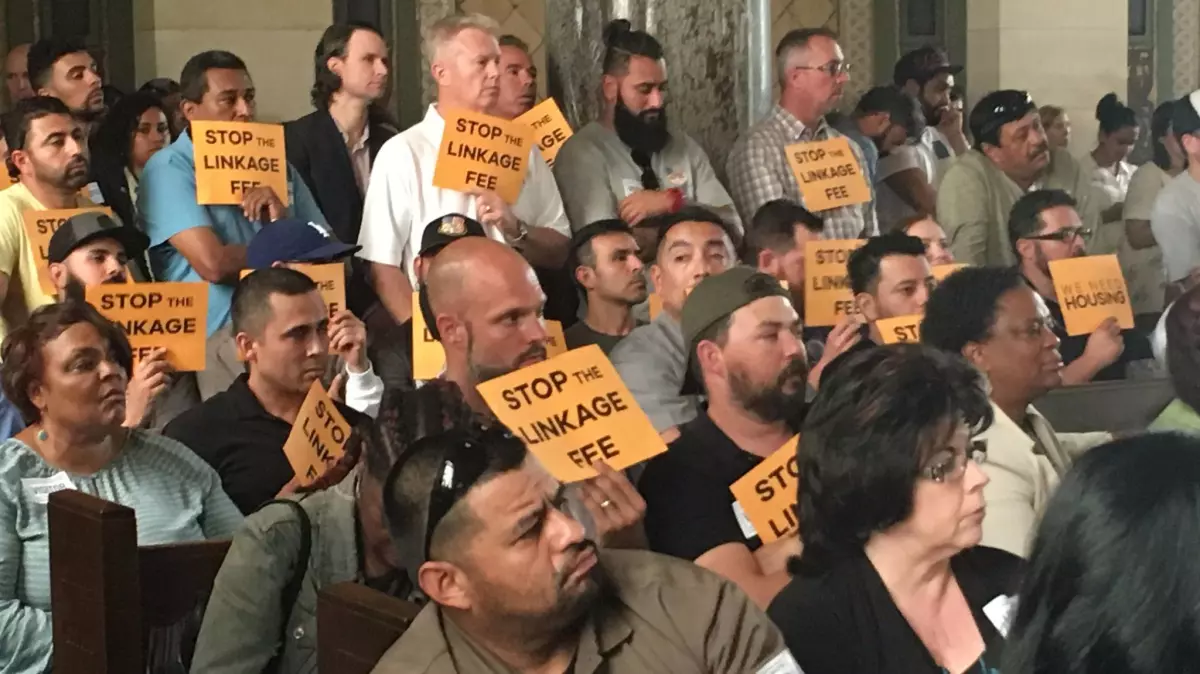A new federal lawsuit could significantly weaken how California cities fund affordable housing. In Wesley Yu v. City of East Palo Alto, the plaintiff is challenging the city’s inclusionary housing ordinance, which requires developers to either build below-market-rate units or pay a fee to support affordable housing production. Yu, who wants to build four single-family homes, is objecting to the $55,000 fee and claiming it is an unconstitutional taking of private property. The case is backed by the Pacific Legal Foundation, a conservative legal group that has long worked to roll back public regulations under the guise of protecting property rights.
The lawsuit targets one of the only remaining tools cities have to generate local funding for affordable housing. Inclusionary zoning policies and developer fees help recover some of the public costs of private real estate development. They are not barriers to building, but a baseline expectation that developers contribute to the communities where they profit. Without them, cities are forced to subsidize infrastructure, services, and housing needs created by private construction, while working-class residents face increasing displacement and homelessness.
East Palo Alto, where the case originates, is a historically Black and Latino working-class community now facing severe gentrification pressure due to its proximity to tech industry expansion in Silicon Valley. The city’s inclusionary housing policy is a basic safeguard to maintain affordability and slow the forced removal of long-time residents. The lawsuit seeks to eliminate that safeguard by declaring the city has no right to ask a property owner to support the broader housing needs their project contributes to.
This case is part of a coordinated legal strategy to expand the definition of the Takings Clause and restrict the ability of governments to regulate land use in the public interest. It is not a response to bureaucratic overreach or excessive costs, but an effort to dismantle the basic idea that housing should be treated as a shared resource rather than a private commodity. The goal is to redefine any requirement placed on developers as a constitutional violation, regardless of the public impact of their projects. If successful, it could undermine similar policies in cities across California and strip local governments of one of the only tools they have to require wealth generated from real estate to be partially reinvested in affordability. These fees are not enough on their own, but removing them would accelerate a system already rigged to serve profit over people.

